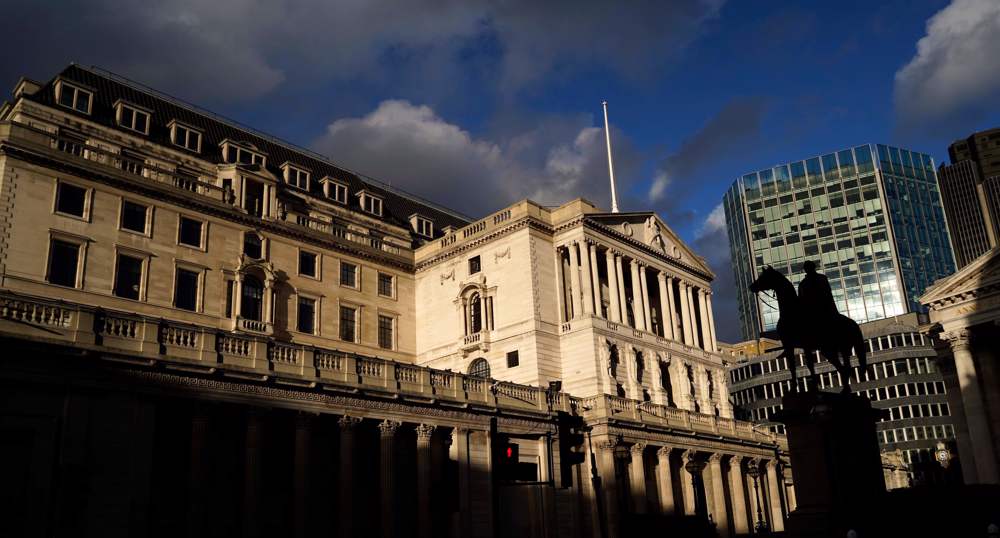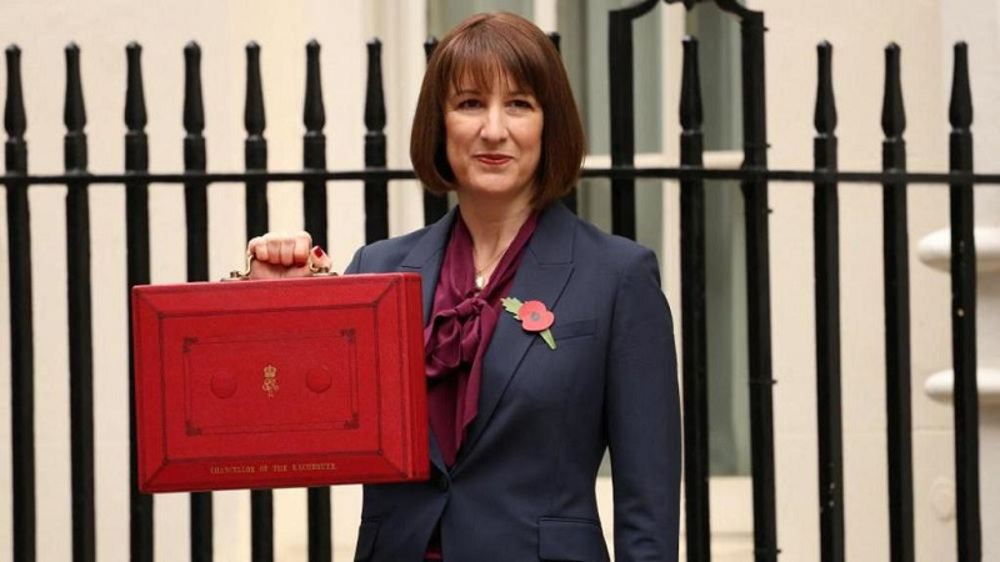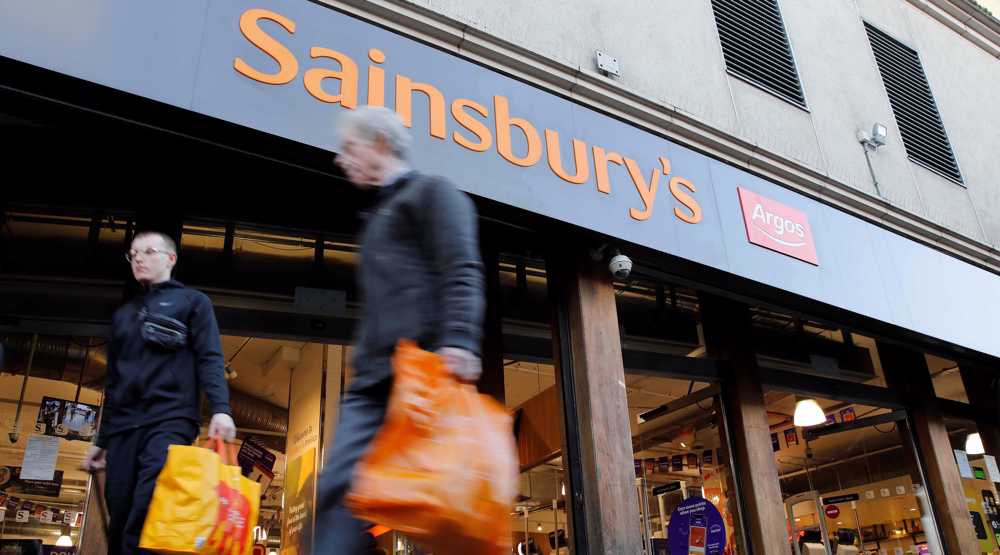UK economy struggles to recover as businesses’ debt levels soar
The United Kingdom’s economy is struggling to recover from COVID-19 as businesses’ debt levels are soaring dramatically amid the third lockdown.
British businesses took on debt at more than twice the normal average growth rate since the pandemic began last year and are predicted to have borrowed £61bn in total by the end of this year, according to the EY Item Club.
British businesses borrowed £35.3bn in 2020, show figures from the accountancy firm, which also forecast that they will borrow a further £26bn in 2021.
What is worse is that many businesses are not likely to begin making inroads into paying off their debt until 2024, the firm predicted.
Pandemic-related government-backed loans and other types of lending have been vital to businesses of all sizes during the crisis.
Anna Anthony, UK financial services managing partner at EY, said the “colossal amount” of borrowing was meant to help companies survive, rather than to fund growth.
“By the end of this year, businesses will have borrowed in the region of £60bn net since the start of the pandemic, which is a colossal amount, especially as for many it is just about survival, not expansion or growth."
“And the prospect of some, if not many firms, not being able make the required repayments is concerning for all involved.”
UK banks are also liable to face losses in the months to come as some businesses struggle to meet their debts. Business loan losses are projected to increase from 0.3 percent in 2020 to 0.5 percent this year.
“Lending to businesses remains high, but a quick look behind the numbers reminds us that this is not a story of a boom in innovation, growth and expansion, rather it is about survival as the banks continue to facilitate the government-backed loan schemes,” said Dan Cooper, UK head of banking at EY.
“Consumer lending is subdued and the mortgage market is now showing signs of cooling off, which will squeeze overall net interest margins. Added to that, banks now have to ensure they’re ready to implement negative interest rates in six months’ time, following the Bank of England’s recent announcement – another significant ask which will place even more pressure on the industry.”
‘Ghost town’: 70% of Jabalia buildings destroyed by Israel
Mother’s Day: Sareh Javanmardi’s inspiring journey as Paralympic champion and mother
Russia downs over 40 Ukrainian drones as Putin vows 'destruction' on Kiev
VIDEO | Yemen: A bone in Israeli neck
D-8’s role in Iran’s economy after Cairo summit
China slams US as ‘war-addicted’ threat to global security
China ‘firmly opposes’ US military aid to Taiwan
VIDEO | Press TV's News Headlines













 This makes it easy to access the Press TV website
This makes it easy to access the Press TV website